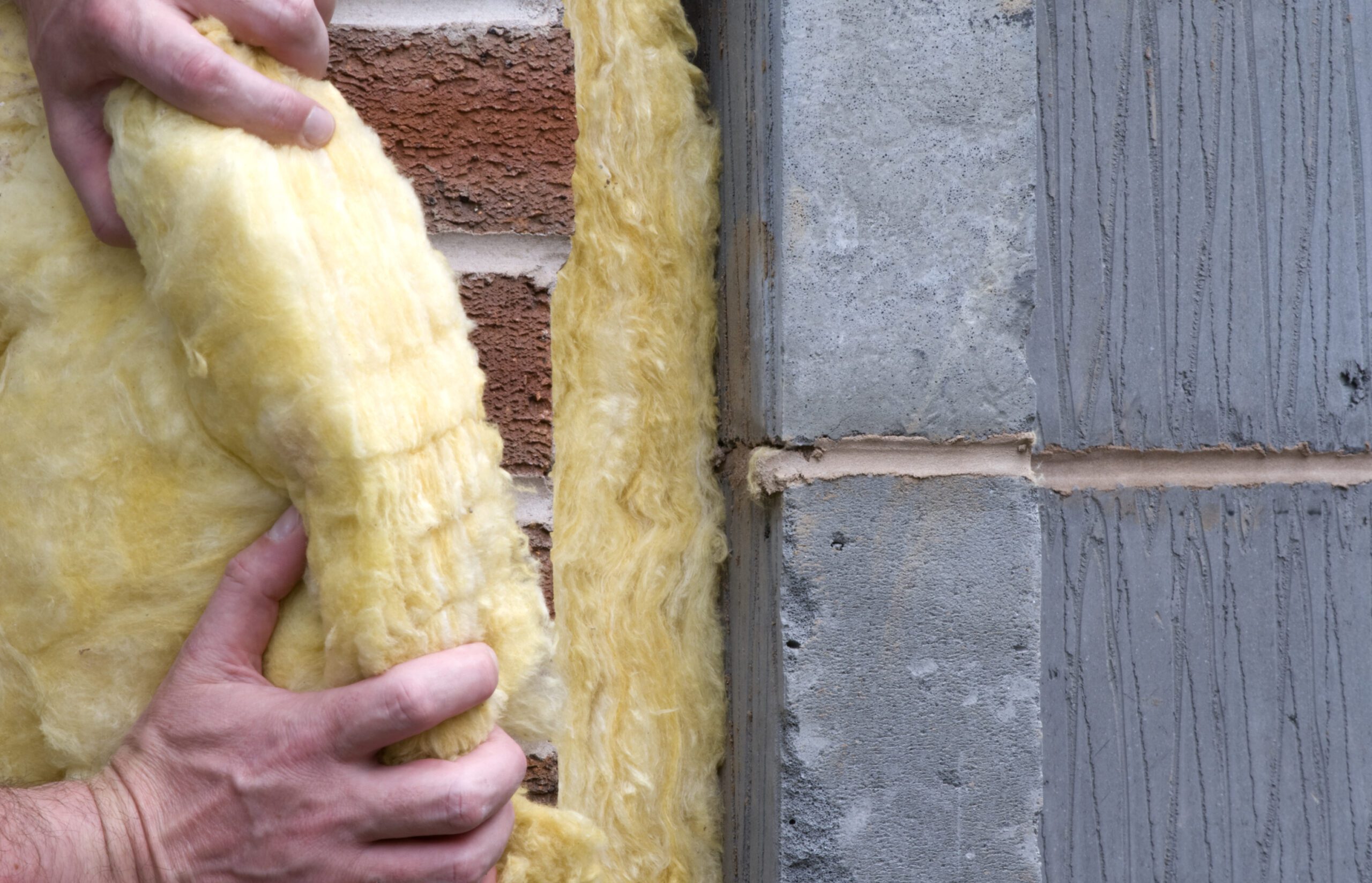Whatever size system you install, your heat pump is bound to use electricity at times when your solar panels aren’t generating. You’ll need to use electricity from the grid to keep you warm during these times.
However, it may be possible to fit a solar panel system that generates as much electricity in a year as the heat pump uses. That way, your total generation matches your demand. This would depend on:
- the size of your roof
- how much heating your home needs
The heat pump will often run at times when there’s little or no solar energy to use. This means you’ll be:
- selling surplus electricity to the grid during the day in the summer
- buying electricity back to run your heat pump at night and in the winter
If you add a battery storage system you can store surplus electricity during the day to run the heat pump in the evening. This will save you money because you usually get paid less for exporting electricity than you’d have to pay to import it from the grid.
However, you can’t store excess from the summer to run the heating in the winter. So, you’ll always be using the grid to balance the energy you generate and the energy you use.
The average size of a domestic solar panel system in the UK is about 3.5 kilowatt peak output (kWp). This should generate enough during the year to balance a heat pump’s requirements in a typical home. But every home is different and yours may have higher or lower heating requirements than this.


